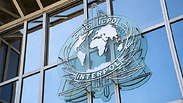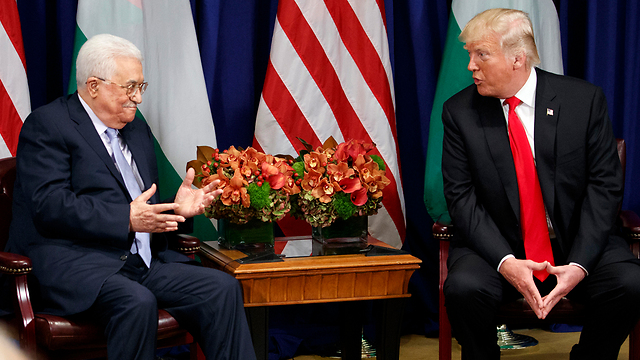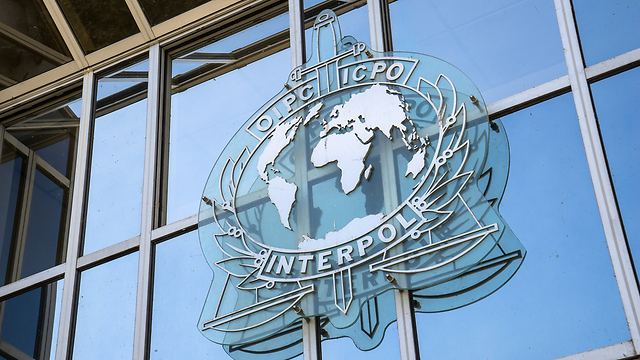
American-Israeli efforts to block the Palestinian Authority's request to join world policing organization Interpol as a member state suffered a setback Monday when the attempt to have the organization's Executive Committee block the move before it reached its general assembly failed.
The American side has not yet given up, however, and was still attempting to convince the Palestinians to withdraw their own candidacy.
Israel had hoped Interpol's Executive Committee, which sets the general assembly's agenda, would decide not to put the Palestinian request on the docket on the grounds that "Palestine" is not a state according to Interpol's own parameters.
The Israeli argument was presented to the members of the organization, currently congregated in Beijing.
However, the committee failed to act on the request and the matter will now be brought before the general assembly.
The latest development will lead to two discussions. The first, set to take place Wednesday, will deal with the criteria according to which states may join Interpol, since current guidelines are not sufficiently clear.
The second debate will deal with the Palestinian Authority's specific request for acceptance to Interpol.
Jerusalem fervently hopes the first debate will adopt criteria strict enough to preclude any possibilty of a Palestinian accession before it is even brought before a vote.
Kosovo withdrew its own accession request Saturday, despite the US supporting it on principle. The withdrawal reportedly came following an American request based on the assumption Russia would torpedo it, as its ally Serbia is an adversary of the small southeastern European nation.
The American delegation to Interpol was of the opinion that should Kosovo withdraw its application, it would make it easier for them to get the Palestinian request denied.

The Palestinian side has thus far turned a blind eye to American requests to follow Kosovo's example. Accession to Interpol remains a tall task, however, with the Palestinians needing a two-thirds majority in the general assembly.
Israel is nevertheless concerned Palestinian efforts will bear fruit if the matter comes to a vote, as Muslim and Arab countries will invariably vote in favor of their accession.
A fear of information leaking to terrorist groups
Israel's greatest fear is that Palestinian acceptance to Interpol would allow the latter to have arrest warrants issued for top Israeli officials, and for the Palestinian delegation to be privy to sensitive classified information regarding terrorism and its financing, which may then leak to Hamas or Fatah.
The Americans are aggressively pursuing efforts to deny the Palestinians accession to Interpol on the premise that such a unilateral move risks making it increasingly difficult to jumpstart the Israeli-Palestinian peace process again.
Two weeks ago the Americans were successful in convincing the Palestinians to withdraw their request to be a member state of the UN's World Tourism Organization, albeit after threatening the closure of Fatah's Washington offices.

















